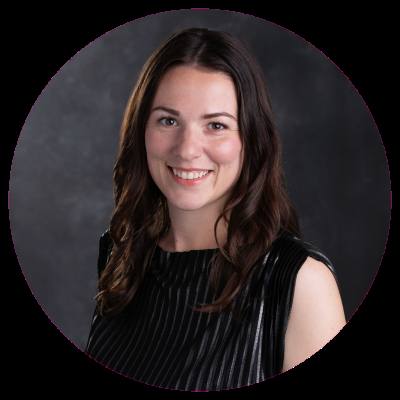Manvel resident Sarah Rother had a troubled pregnancy. A patient at the Complete Women’s Care Center in Pearland, Rother was deemed high-risk and referred to The Woman’s Hospital of Texas in Houston.
The full story
At 20 weeks pregnant, Rother was told her daughter Violet had a cleft lip during an anatomy scan at The Woman’s Hospital of Texas.
The Centers for Disease Control and Prevention estimates one in every 1,600 babies is born with both a cleft lip and cleft palate. More rarely, one out of every 2,800 babies are born with a cleft lip without cleft palate.
Violet was born in September 2021 with a cleft lip and palate, and had to stay 46 days in the neonatal intensive care unit to receive care related to her cleft lip, which included wearing a feeding tube. Because babies with cleft lip are unable to breastfeed, they sometimes need feeding tubes or special bottles.
Because there are no delivery services available to women in Pearland or Manvel, patients at the Complete Women’s Care Center in Pearland deliver their babies at The Woman’s Hospital of Texas.
Like most young patients with cleft lip and palate, Violet would later undergo two surgeries under the care of The Woman’s Hospital of Texas’ Dr. Eric Payne in January 2022 and April 2023.
Quotes of note
Prior to Violet’s delivery, hospital staff was able to arrange a call between Rother and Payne.
“I really liked everything he talked about and said and answered, Rother said. “You know, the questions we had at the time, ... and it just made it better to be able to talk to him before Violet got here.”
While Violet’s recovery for her first surgery was smooth, Rother said because Violet was older and more mobile, the recovery for the second surgery was more challenging.
“She was already walking and she had to wear the little arm restraints, which she hated,” Rother said. “We just couldn't have her putting her hands in her mouth because that could potentially open her site back up where she had surgery.”
Dr. Jessica Ohlemacher, Rother’s provider at the Complete Women’s Care Center, said the center performs roughly 200 ultrasounds per week. She added that doctors can detect cleft lip and palate during an anatomy scan, which takes place at 20 weeks.
“The purpose of that is to look over the brain, look over the face, look over the cardiac anatomy, the kidneys, look over the limbs and make sure that the size is right, that the baby is growing appropriately and all of the anatomical landmarks look normal,” Ohlemacher said.
Ohlemacher praised the relationship the Pearland center has with The Woman's Hospital of Texas, because it allows her to refer new moms or pregnant patients who are deemed as "high risk" for specialized care at the larger hospital.
“[Rother] was actually in great health but because of her Type 1 diabetes, I sent her to a high-risk doctor who actually made the diagnosis,” Ohlemacher said. “Oftentimes when we learn about maybe a genetic condition ... or find something on [the] ultrasound that seems like it could be related genetically, we will often refer patients to see a genetics counselor.”
When it comes to preparing for pregnancy, both normal and abnormal, Ohlemacher recommends reviewing existing medications, increasing folic acid in the diet and coming in for regular wellness checks.
“I think that it's really important for women to know that pregnancy preparation really starts way before the pregnancy,” Ohlemacher said.
What parents should know
While cleft lip and palate are relatively rare, parents of children with the condition have created a tight-knit community both on and offline.
Friendswood resident Gina Kocher, whose daughter Brianna has a double cleft lip and cleft palate, found an understanding community in the Houston Cleft Mom’s Facebook group, which has over 400 members.
“We just ship each other things,” Kocher said. “I was given all the specialty bottles I need and clothes from families, things for after surgery like swaddles and special items.”
With Craniofacial Acceptance Month happening in September, raising awareness about craniofacial differences in her community and around the world is a top priority for Kocher.
“It’s been interesting to raise awareness with my friends and family because it's just not something that a lot of people have experience with or really talk about even though it's so common, Kocher said. I've had a lot of comments like, 'Oh, I only thought this happened in developing countries. I wouldn’t think that this could happen to somebody in the U.S.' I think a lot of people just don't really know because there's not a lot of awareness around it.”







